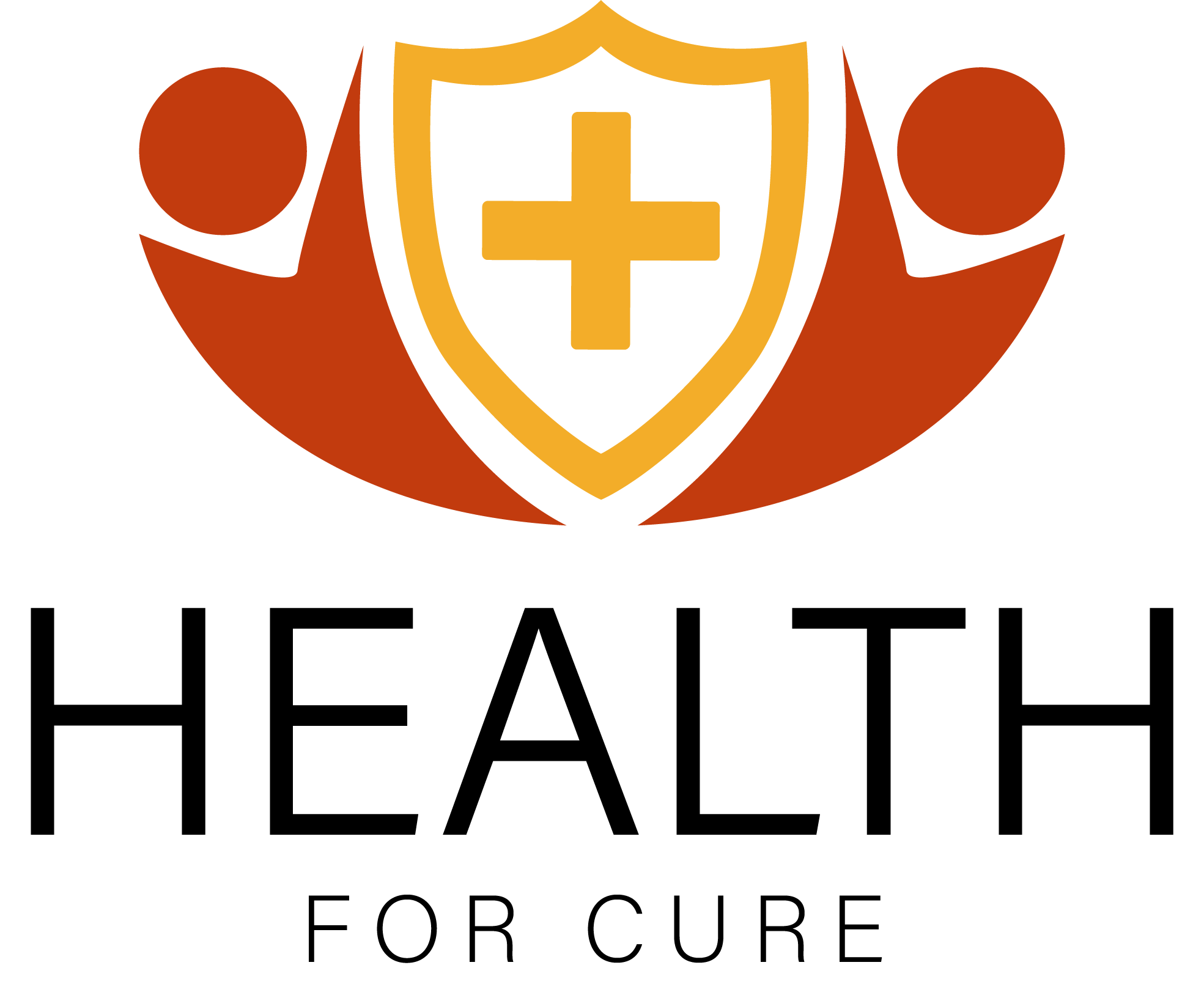3 Common Foodborne Bacteria & Parasites to Be Aware of During Pregnancy
Mother Nature has assigned all the living organisms the responsibility of taking the life forward by giving birth to the offspring. Although every organism has to carry forward this ordeal, humans being the most intelligent mammals, make every stone unturned to deliver a healthy baby. Especially, every woman in the course of her pregnancy takes an extra mile to safeguard her baby from all the odds of life. The parental instincts motivate her to grasp the necessary literature when it comes to safeguarding the baby in her womb.
However, it also has to be understood that the baby is a parasite as well feeding on the mother and any lack in the care will first affect the mother than the baby. It is hence apt to know about the common foodborne bacteria and parasites during the crucial trimesters of pregnancy to avoid potential harm to the unborn child and to the mother herself.
Listeria: This bacterium can result in poisoning the baby’s blood or can even lead to a severe infection eventually resulting in abortions or complications while in pregnancy. It is quintessential to understand the situations which can get the pregnant woman in contact with Listeria.
Vulnerable situations to get in touch with Listeria:
They dwell on vegetables and hence it is important to consume washed vegetables only. Undercooked meat, milk and other dairy products such as soft cheese from the domestic sources without undergoing pasteurization process, unprocessed ciders and deli meats etc. are the other mediums. Experts suggest pregnant woman to consume fully cooked meat and pasteurized dairy products and ciders to stay safe from this bacterium.
Consequences of a Listeria affected fetus:
The baby in the womb affected with Listeria may eventually develop health problems such as
- Intellectual disability
Convulsions or seizures
- Vision impairments or blindness
- Brain, heart or kidney impairments.
- Paralysis
Salmonella: Health benefits of consuming raw eggs proved to be a myth when it comes to pregnant woman. Undercooked meat and raw eggs transmit Salmonella bacteria to humans as this bacterium is typically found in meat and the animal products.
Vulnerable situations to get in touch with Salmonella
Consuming animal products such as sunny-side-up eggs or partially cooked yolks
Eating food contaminated with a surface touch where uncooked meat was worked on.
How to prevent?
- Avoid using uncooked or undercooked meat and their bye-products.
- Kitchen counter tops, cabinets and the surfaces which come into contact with raw meat should be cleaned well.
Salmonella’s affect on infants:
Severe developmental delays are observed in infants if they are victimized to the bacterium in the womb.
Taxoplasmosis:
Unlike the above two cases, this is a single celled parasite and is extremely harmful to an unborn baby. This victimizes if undercooked meat is consumed or by touching mouth with the hands after holding or touching raw meat.
Vulnerable situations to get in touch with Taxoplasmosis
Though this is little different from the bacteria being a parasite, the sources through which this transmits into the body are similar to a greater extent.
- This also gets into the body of a pregnant woman by consuming uncooked or undercooked meat.
- Food contaminated with the touch of raw meat.
Similar preventive measures are to be taken in this case as well by avoiding undercooked meat and maintaining clean kitchen counter tops.
How does the parasite affect the fetus?
- Hearing disability
- Vision issues including blindness
- Intellectual disabilities such as learning disorders
Despite the impending threats surrounding a fetus, Mother Nature’s determination to save a new life is instilled in the parental instincts and this is enough to safeguard the offspring. However, a little awareness can create wonders when it comes to the health of an infant and these little cautions can help the child lead a long life without any impairment.




